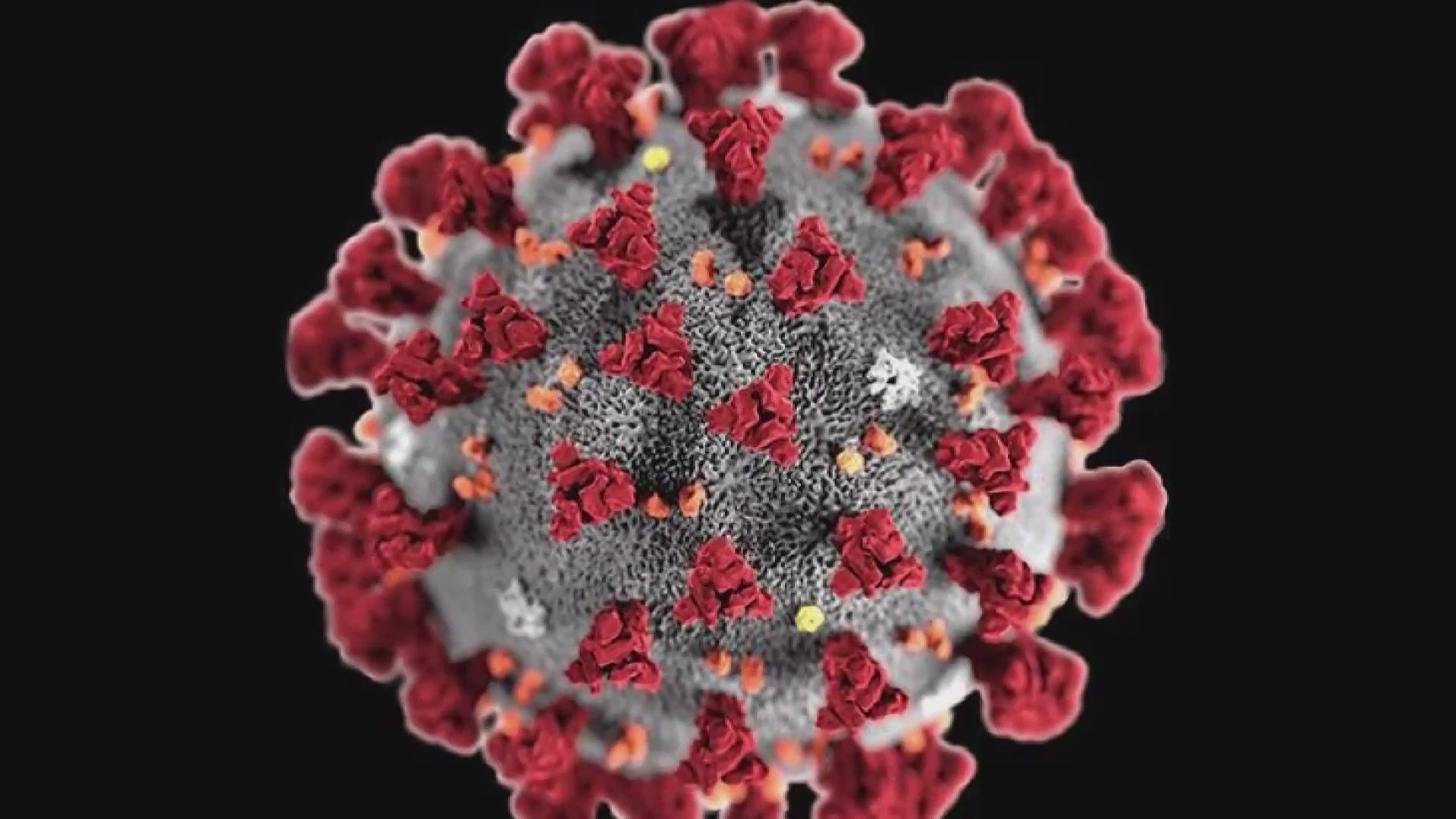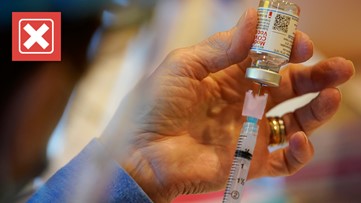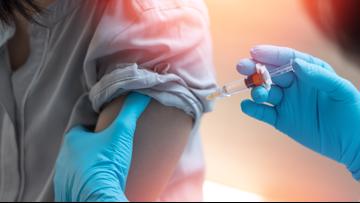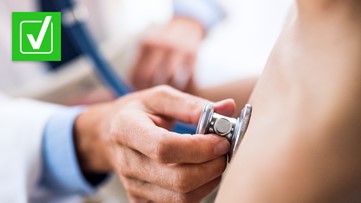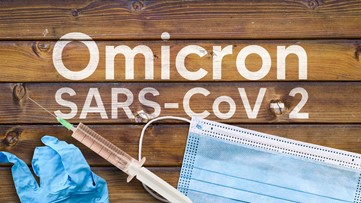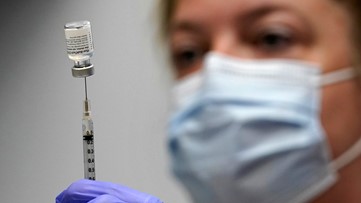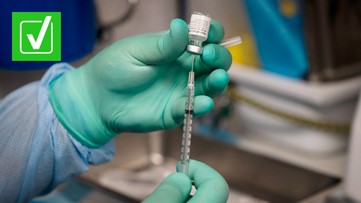Over 137 million people in the United States have received at least one dose of the COVID-19 vaccine, and more than 91 million people are fully vaccinated as of April 23, according to the Centers for Disease Control and Prevention (CDC).
As the number of individuals who have been vaccinated continues to climb, many are wondering how the vaccine may affect blood donation eligibility, and whether there are safety concerns.
VERIFY viewer Mike asked, “Is it safe to donate blood after getting the COVID-19 vaccine?”
THE QUESTION
Is it safe to donate blood after getting the COVID-19 vaccine?
THE SOURCES
THE ANSWER
Yes, it’s safe to donate blood after getting the COVID-19 vaccine.
WHAT WE FOUND
The American Red Cross said on April 7 that people who have received the COVID-19 vaccine are eligible to donate blood as long as they can provide the name of the vaccine manufacturer that is currently authorized in the U.S., such as Johnson & Johnson, Moderna or Pfizer, when they donate. They are encouraging people to bring their COVID-19 vaccination card with them to their blood donation appointment.
If an eligible blood donor does not know what type of COVID-19 vaccine they received, or if they received a vaccine that is not currently authorized in the U.S., the Red Cross said that that person must wait two weeks before they give blood.
Angela Broome Powley, the regional executive of Blood Donor Services for the American Red Cross, Greater Carolinas Region, also recommended that people who may be experiencing any symptoms after receiving the vaccine, or if they have tested positive for COVID-19, should wait until they feel better before donating blood.
“Sometimes, if you get the vaccine, you might have some symptoms — you may feel a little tired, you may run a fever," said Powley. "We only collect blood products from people that are feeling healthy and well, and so, we would encourage you to wait until those symptoms pass, and then come in and give when you're feeling at your best."
OneBlood, which is a blood donation center that serves areas in Florida, said on its website that there is no waiting period to donate blood or platelets for individuals who have received the Moderna or Pfizer vaccines.
The company said people who have received the Johnson & Johnson single-dose shot, or a vaccine from any other manufacturer, will need to wait two weeks before donating blood. OneBlood is also encouraging blood donors to bring their vaccination card with them to their donation appointment.
When asked if the COVID-19 pandemic has impacted blood donation supply in the U.S., Powley said that right now, there is not a shortage of blood, but says there has been low donor turnout in the last few weeks.
“Blood is something that can't be manufactured, it must be received from a donor, and it is perishable, and so, we must replenish the blood supply constantly,” said Powley. “We're not in a shortage now, but we want to make sure we don't get there. We want to make sure that the blood supply is maintained, and to do that, we need people to continue to make appointments and come in and make blood donations.”
Powley wants people to know that there is no known risk of getting COVID-19 from giving or receiving blood.
“Blood donation and transfusion is safe from COVID," she said. "What I would want people to know, again, is that blood is necessary, it is perishable and we must continue to maintain the blood supply. We can only do that by individuals coming and giving so that the need in their community is met.”
The American Red Cross and OneBlood follow the U.S. Food and Drug Administration (FDA) blood donation eligibility guidance for those who have received a COVID-19 vaccination.
More from VERIFY: No reported cases of CVST blood clots found outside of US linked to Johnson & Johnson vaccine
VERIFY
Our journalists work to separate fact from fiction so that you can understand what is true and false online. Please consider subscribing to our daily newsletter, text alerts and our YouTube channel. You can also follow us on Snapchat, Twitter, Instagram or Facebook.
